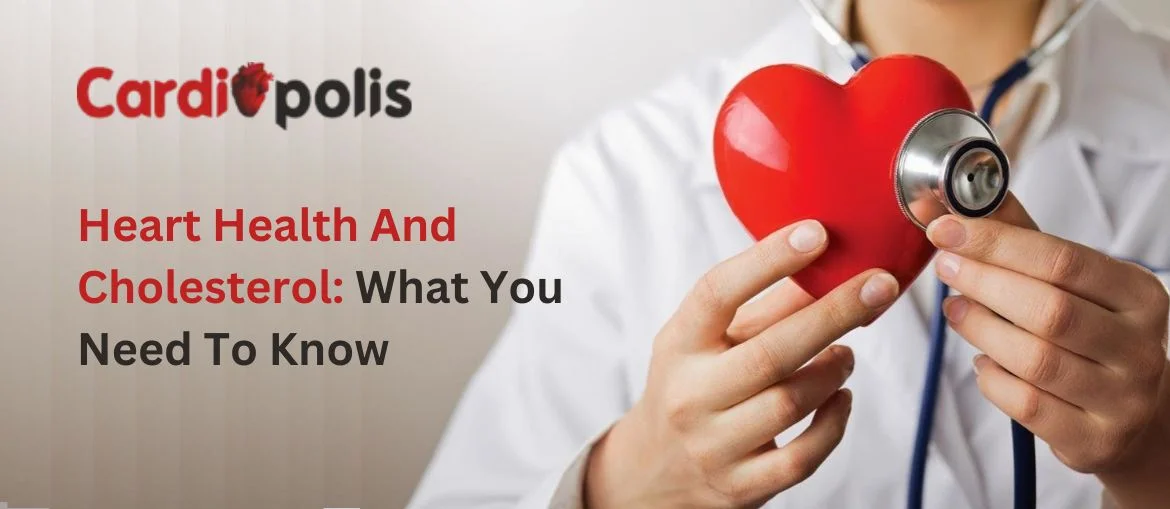Maintaining good heart health is essential for a long and active life. One of the essential ways to keep your heart healthy is by managing cholesterol levels in the right way. There’s no doubt in saying that high cholesterol is one of the main reasons for heart problems. However, having optimum cholesterol levels does not harm the body in any way; in fact, they are essential for building cells and producing hormones. There are basically two types of cholesterol levels: one good and the other one is bad.
Why Is High Cholesterol Dangerous?
Having high cholesterol levels is very harmful for your heart health. When there is too much LDL (bad cholesterol), it sticks to the walls of your arteries. With time, this builds up forms plaque which narrows down your arteries. This is why blood flow to the heart, brain, and other parts of your body gets reduced.
1. Stroke
If blood flow to your brain gets blocked, it can lead to problems such as stroke, brain damage, or paralysis.
2. High blood pressure
When arteries get thicker due to plaque buildup, it gets difficult for blood to flow easily. This is why your heart works faster and blood pressure increases.
3. Heart attack
If pieces of plaque loosen up, it leads to a blood clot; this blocks the flow of blood to your heart and can cause a heart attack.
How To Check Your Cholesterol Levels?
A simple blood test called a lipid panel measures different types of cholesterol in your blood. The overall test is quick and simple and is not at all painful. It provides an individual with the total cholesterol in your blood, LDL cholesterol, or bad cholesterol; HDL, or good cholesterol, in your blood; and also detects a type of fat in your blood that can lead to risk of heart attack.
If you are an adult with no risk factors, then you can get your test done in 4 to 6 years. On the other hand, if you have certain health problems such as diabetes or obesity, then you should get your test done more often.
Who Is At Risk Of High Cholesterol?
Eating too much saturated or trans-fat can raise the levels of bad cholesterol in your blood. These types of fats are found in fried foods, butter, processed food items, etc. A poor diet can put you at risk of heart diseases.
Physical exercise helps increase the levels of HDL in blood, and this removes excess cholesterol from your blood. If you don’t exercise often, then it becomes difficult to maintain optimum levels of cholesterol in your blood.
Smoking causes the build-up of LDL levels in your blood and lowers HDL levels. With time, smoking can lead to heart problems such as heart attack, stroke, high blood pressure, etc.
Being overweight can lead to higher levels of LDL in your blood. So the right way is to reduce your weight through diet and a healthy lifestyle.
So, if you want to keep your heart healthy, then you need to take care of your cholesterol levels.

Comments are closed